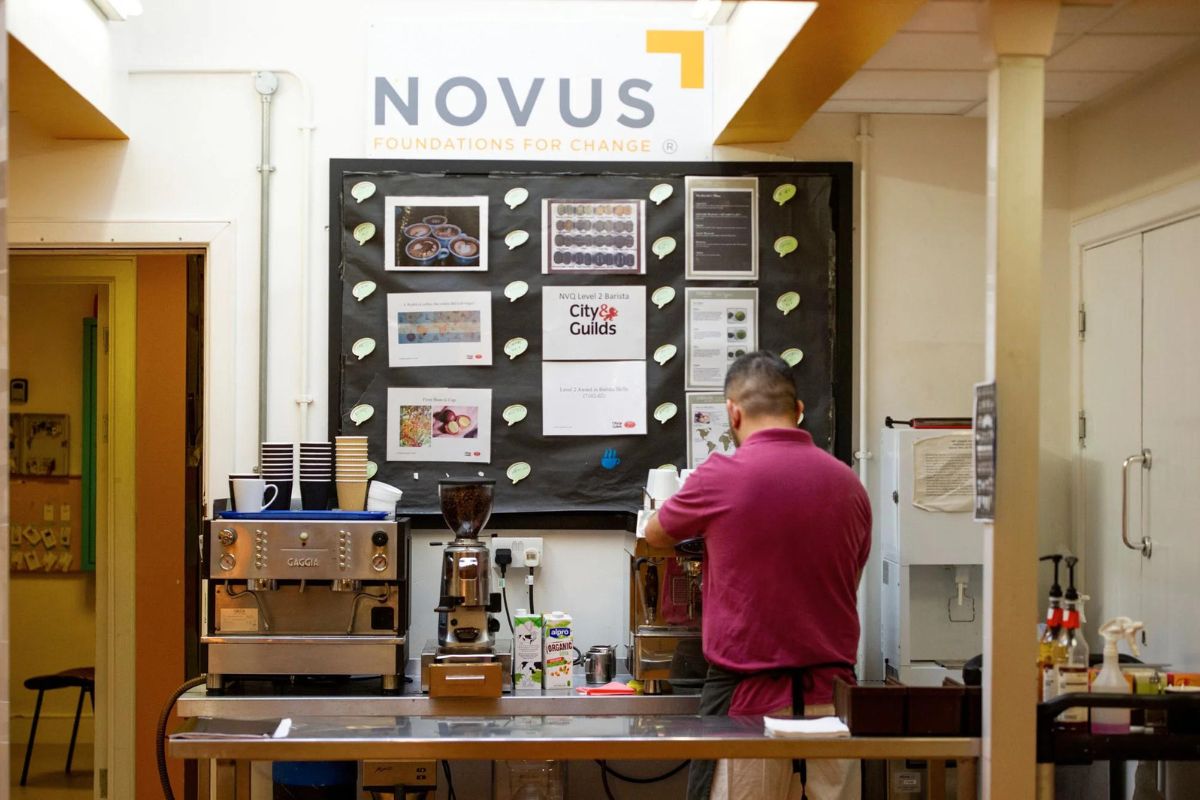New report highlights critical role of prison education

A new report published by the Social Market Foundation has highlighted the crucial role that programmes of education have in rehabilitating offenders in order to break cycles of reoffending.
‘Life beyond bars: Learning for life after prison’ highlights the importance of prison education in preparing prisoners for life after completing their sentence, making a series of recommendations including:
- Calling for increased government investment in prison education
- Providing pay parity between prison educators and mainstream education teachers
- Paying prisoners the same to complete training and education programmes as they would receive for doing work.
Commenting on the report, Novus Managing Director Peter Cox said:
“It is encouraging that the importance of delivering high-quality programmes of education in prisons in reducing reoffending has been recognised by the influential Social Market Foundation thinktank.
“We know that finding secure and stable employment upon release is key to breaking cycles of reoffending. Many prisoners have not gained the skills or qualifications that employers are looking for. It is crucial that during their sentences they are able to access the training and education required in order to find work after their release.
“Increasing investment in prison education and paying teachers who work in prisoners the same as those who work in schools would help ensure that even more offenders have the opportunity to get their lives back on track at the end of their sentence.”
Research conducted by Novus found that 63% of people believe that greater investment is required to offer prisoners access to a range of qualifications to provide them with the skills needed for employment. The overall support for higher investment spanned the political divide, drawing the backing of 60% Tory voters and 65% Labour voters. This led to nearly a third of voters (32%) saying more should be spent on prison education, including 27% of Conservative voters and 37% of Labour voters.










